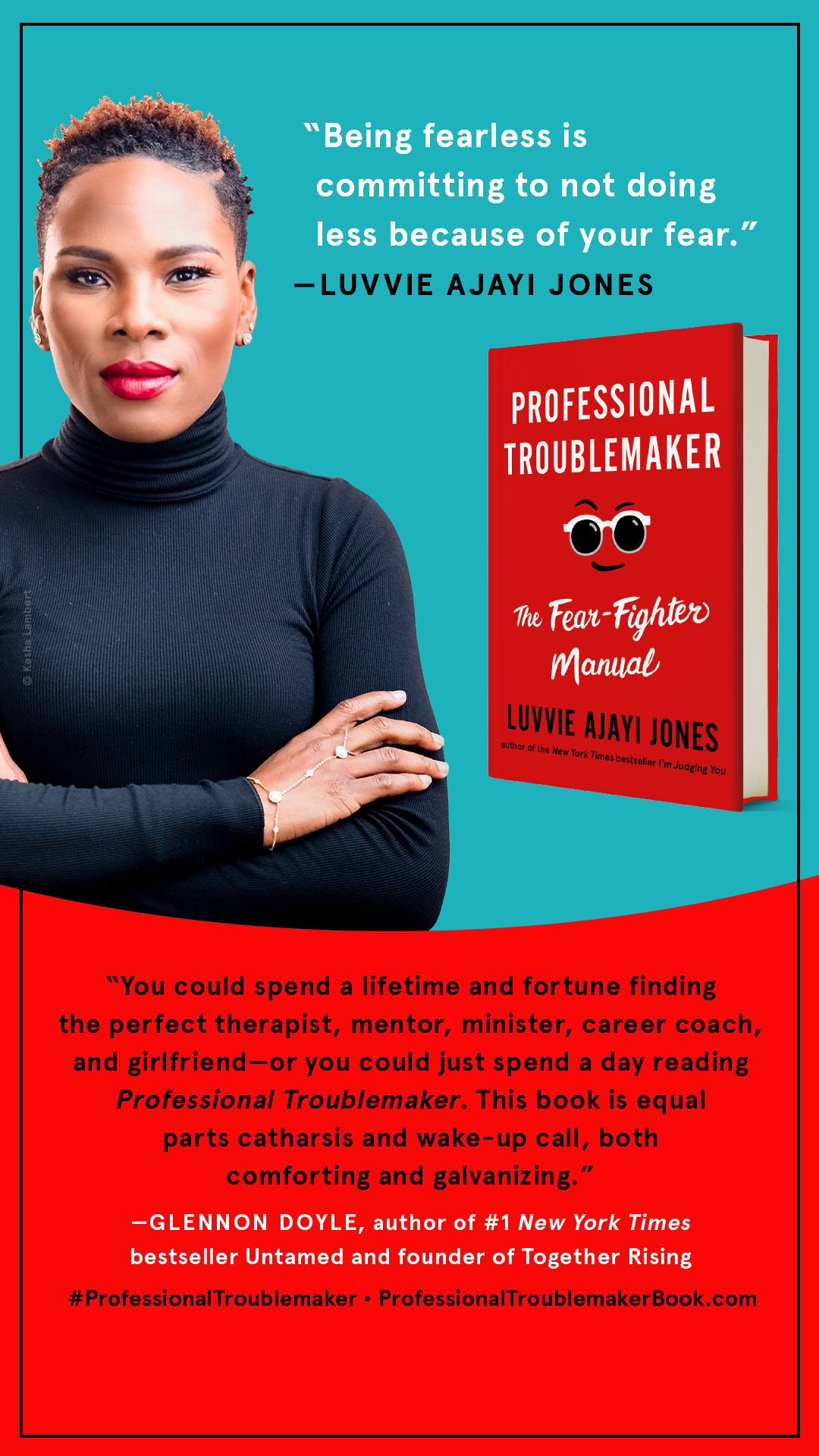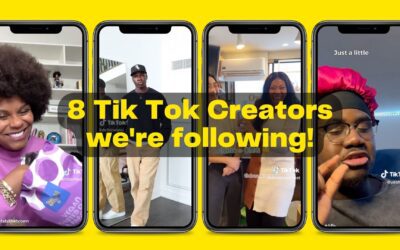Dear Essence,
WE NEED US!
Written by Alberlynne “Abby” Woods @cuetheculture on IG
The 2025 Essence Festival of Culture has come and gone, and in my best NOLA voice, I say, “Baybey, the timeline has spoken!” What was once lovingly dubbed the “Black Women’s Super Bowl” has drawn criticism, confusion, and concern across social media platforms. Longtime attendees, first-timers, influencers, performers, and even vendors took to the internet streets to vent their frustrations: long lines, lack of organization, half-hearted programming, Target sponsorship, and a jarring absence of the spirit that once made Essence a crown jewel of Black cultural excellence.
It’s difficult to put into words what Essence Fest used to feel like, especially for those of us who were not only present but privileged to work behind the scenes. A few years ago, I had the honor of serving on a team of YouTube Channel architects tasked with helping Essence grow its digital footprint. We were passionate, strategic, and motivated by reverence for the brand, for the culture, and for the people. I adored being in a room filled with Black women strategizing, planning, and producing. We increased subscribers, proposed meaningful programming, created a space for Essence’s voice to reach new generations, and I connected emerging Black social media influencer talent like Kellie Sweet and Shalom Blac with their first opportunities to work with Essence. But even then, there were cracks in the foundation. Truthfully, I believe I caught the tail end of their glory days.
And now? The fall is no longer subtle.

To be clear: Essence still matters. But the Essence that once stood as a beacon of excellence, grace, and editorial distinction is slowly being diluted. Naturally, its annual festival is taking a hit too. What once felt prestigious now feels performative. Where there was once attention to detail, there is now sloppiness. Where there was once vision, there is now mediocre content.
And the girlies all noticed that Essence’s slip was hanging.
One viral post read, “Essence Fest used to be about empowerment, legacy, and lifting the culture. Now it’s vibes, selfies, and VIP passes that don’t mean anything.” Another shared, “We deserve better. We used to set the standard. Now we’re just chasing algorithms.” These aren’t isolated complaints; they reflect a broader disillusionment across Black cultural institutions.
I’m not sure we are ready to admit that this isn’t just about Essence. It’s about what’s happening in our homes, our churches, our sororities and fraternities, HBCU’s, the NAACP, the Urban League, political halls, hip-hop (yeah I said it) and pretty much everywhere we once turned to for leadership, legacy, and excellence.
The failure of knowledge transfer is happening in real time. A generation of wisdom-bearers has either retired, passed on, or is planning to hold on so tight that the now and the next are left without the blueprints. The oral traditions, the playbooks, the etiquette, the grace, the standards, those things aren’t being passed down in the ways they once were. What’s left in many cases is performance without purpose. We are being left with influence without integrity and participation without preparation.
And the breakdown doesn’t stop at professionalism; it’s impacting our unity.
This cultural erosion has created a vacuum, and into that vacuum has crept division. A rise in online debates between Black Americans and immigrants from the African diaspora is fracturing us further. Social media has become the hottest bed for questions of “who belongs,” “who built what,” and “who benefits.” The incomparable Susan Taylor, former editor-in-chief of Essence was born in Harlem, NY to a Trinidadian mother and a father from St. Kitts. Earl Graves Sr., the founder of Black Enterprise was born in Brooklyn to a father from Barbados and a mother from Trinidad. These arguments and dumb diaspora wars are dangerous distractions from the real enemy: a system that thrives when we forget we are one.
Being Black in America does not come with the luxury of wearing your nationality on your face. No one stops to ask if you’re Nigerian or Jamaican or born in Los Angeles or Mississippi before denying you a loan, hurling a racial slur, following you in a store, or calling the police. And even deeper than our lineage or land of origin, we are children of the Most High God first. That’s a bloodline no census can capture. It is both our origin and our inheritance.
So yes, we must have the difficult conversations. But we must also return to love, to legacy, and to alignment.
That’s why Cue The Culture exists.
This very platform was birthed from the inspiration of Essence, Black Enterprise, Ebony, and Jet. These were the magazines that taught us who we were. They held our stories in their pages like sacred scripture. They reminded us we were beautiful, brilliant, and built from excellence. They were built on the shoulders of those who believed in our worth, our stories, our beauty, and our brilliance. They made us feel invincible and met us in our living rooms, corner stores, barbershops and beauty shops.
We can’t blame the youth for what they were never taught to cherish. And we can’t expect excellence without mentorship, infrastructure, and investment. But we can name the problem. And we must challenge ourselves to do better.

And as I sit here, deciding whether to keep going with Cue The Culture or put my pen down, the ache I feel watching the decline of Essence reminds me of the urgency of this work. It reminds me that print matters. That archiving our stories is forever work. That the pen, the camera, the mic, the lens, and THE GATHERING OF ALL TRIBES at an annual festival or a family reunion are tools of resistance and reclamation.
So yes, I will keep going. I will seek out interested writers, contributors, artists, and supporters who are just as committed to telling our stories with care and clarity. I will build a community that refuses to let our excellence, our art, our US become extinct. Perhaps these efforts will one day include collaboration between Cue The Culture and Essence.
For we are not out of time, but we are running out of excuses.
We can still turn this around, but only if we’re willing to admit what we’ve lost AND work together to rebuild it. The festival, like our culture, deserves more than just the spectacles. It deserves reverence. It deserves care. It deserves a new generation ready not just to post, but to preserve.
Let this be our wake-up call. Black culture is still ours.
So, I will take personal accountability by doing what I can to get this message into the right hands at Essence. I will subscribe to receive the print edition. I will also encourage leadership to join The 92%, get some rest, and reset. Find a way to honor Frankie Beverly, collaborate 365 with emerging Black social media influencers (Aunties and our Nieces), recreate Black Wall Street (even if only for a few days), love on our beloved New Orleans, visit other Deep South roots, and be about our Black.
Let’s cue it up and prepare to bloom like a rose from concrete.



